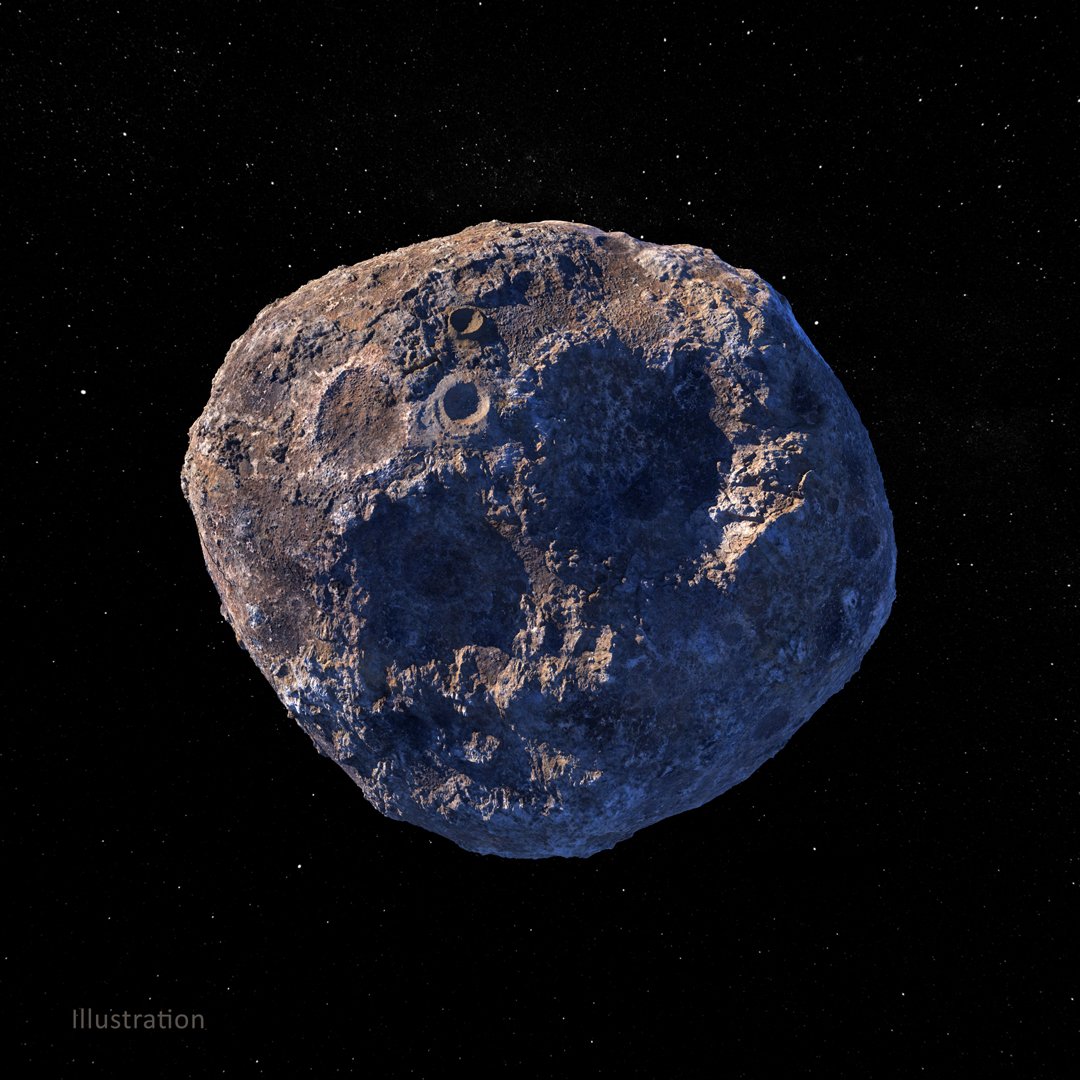After a Michigan State PhD candidate (Jennifer Lawrence) and her professor (Leonardo DiCaprio) discover a Mount Everest-sized asteroid speeding toward Earth in Netflix’s “Don’t Look Up,” the head of the government’s Planetary Defense Coordination Office joins them in an excruciating effort to convince the President (Meryl Streep) to do something about it. Much of the movie feels uncomfortably real—the lack of political will to prevent impending environmental doom, the refusal of Americans to believe in proven scientific fact—and indeed, the NASA office at the center of its plot is an actual place here in Washington.
According to NASA, its Planetary Defense Coordination Office is responsible for detecting “potentially hazardous objects” such as asteroids and comets, and working on technologies that could deflect them off an impact course with Earth. If a “PHO” poses a significant chance of impact (defined as greater than one percent over the next 50 years), the office will provide notifications for NASA to deliver to the President and Congress. Fortunately, NASA says no known asteroids pose a significant danger within the next century. Currently, there’s a known asteroid that poses a one in 714 chance (less than 0.2 percent) of hitting Earth. Another presents a one in 2,700 chance of reaching us between 2175 and 2195.
In “Don’t Look Up,” the head of the Planetary Defense Coordination Office is Dr. Teddy Oglethorpe, played by Rob Morgan. His real life counterpart is Lindley Johnson, NASA’s Planetary Defense Officer and Program Executive of the Planetary Defense Coordination Office. According to his bio, Johnson earned the rank of lieutenant colonel in the Air Force, and still flies his own Cessna. He has an asteroid named in his honor.
















